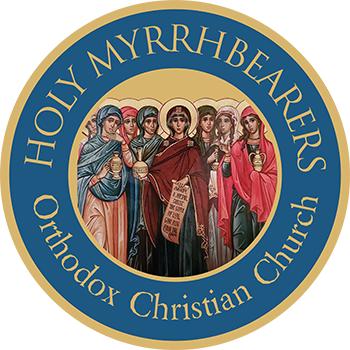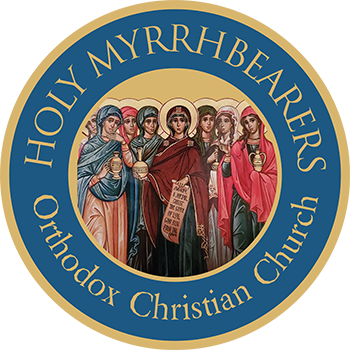May 30, 2017

“For I received from the Lord that which I also delivered to you: that the Lord Jesus on the same night in which He was betrayed took bread; and when He had given thanks [Gr. eucharistesas], He broke it and said, ‘Take, eat; this is My body which is broken for you; do this in remembrance of Me.’ In the same manner He also took the cup after supper, saying, ‘This cup is the new covenant in My blood. This do, as often as you drink it, in remembrance of Me'” (1 Cor. 11:23-25).Did he really mean what he said? Was he really inspired from the Holy Spirit to pen these words? YES! Well then how come some of the faithful, Orthodox Christians, do not partake of the Sacrament of the Holy Eucharist each week or even once a month? Why only once a year if they remember to come to the Pascha service?
You have sung the Hymn with the rest: you have declared yourself to be of the number of them that are Worthy, by not departing with them that are unworthy. Why stay, and yet not partake of the table? I am unworthy, you will say. Then are you also unworthy of that communion you have had in prayers. For it is not by means of the offerings only, but also by means of those canticles that the Spirit descends all around… For it is not at all the same thing never to have reached the mysteries, and when you have reached them, to stumble at them and despise them, and to make yourself unworthy of this thing. One might enter upon more points, and those more awful still; not however to burden your understanding, these will suffice. They who are not brought to their right senses with these, certainly will not be with more.St Ignatius of Antioch states:
I have no taste for corruptible food nor for the pleasures of this life. I desire the Bread of God, WHICH IS THE FLESH OF JESUS CHRIST, who was of the seed of David; and for drink I DESIRE HIS BLOOD, which is love incorruptible. (Letter to the Romans 7:3)The Church has always believed that Our Lord Jesus, by the action of the Holy Spirit, is truly and wholly present when the bread and wine have been consecrated to be His Body and Blood. The Orthodox Church believes that, I believe that, and if you ask most of the Orthodox Faithful, they would probably say they believe that. BUT, they still do not come to the Eucharistic Table during the Divine Liturgy.
Comments will be approved before showing up.

